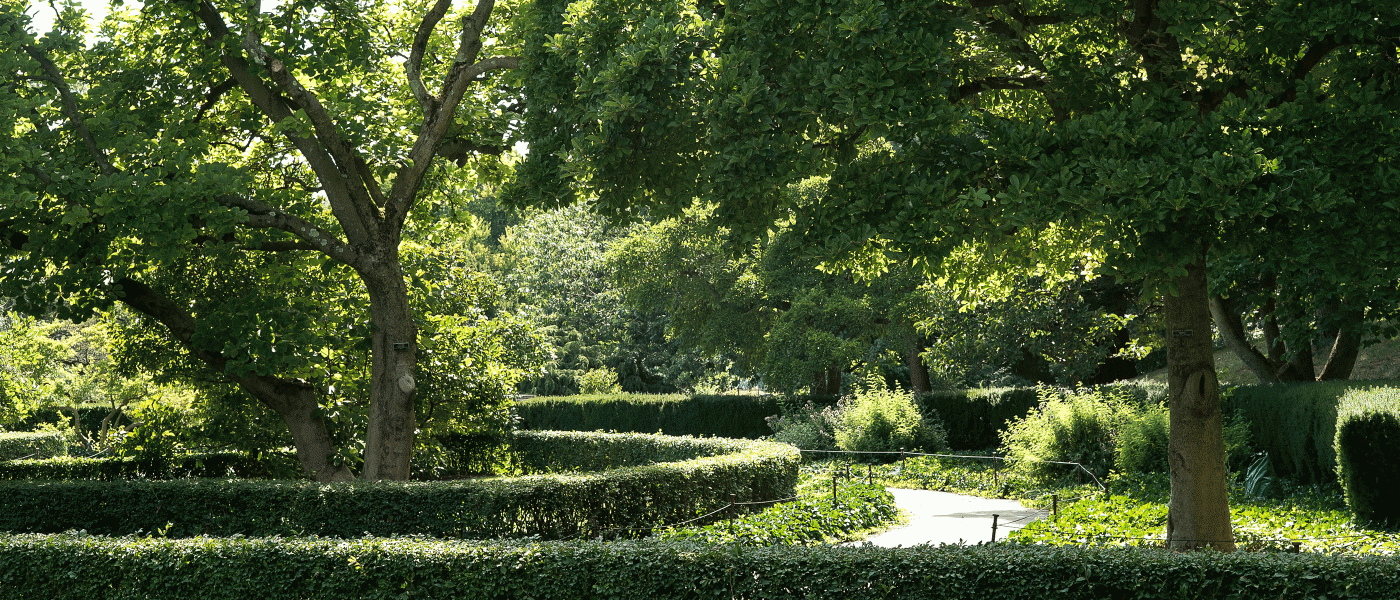Using Beneficial Parasites to Attack Garden Pests
BBG gardeners are deploying tiny worms called nematodes to battle weevils and other insects without using chemical pesticides. “They parasitize them and kill them at the grub stage, when they’re most vulnerable,” says Melanie Sifton, vice president of Horticulture. The practice of pitting predators and parasites against pest insects has been around for a while, but it’s becoming increasingly popular as more gardeners become interested in using sustainable, chemical-free methods. Sometimes beneficial insects can be used—ladybugs, for instance, can be brought in to eat aphids—and certain species of nematodes are perfect for targeting particular weevils and other beetles (though other nematodes are garden pests themselves.
This week, Magnolia Plaza gardener Wayken Shaw was using a species of nematodes called Heterohabditas bacteriophora against black vine weevils that have been munching on the shrub leaves around the plaza.
This pest is really common in Brooklyn. If you see “bites” taken out of the leaves of your rhododendrons or other shrubs, they’re a likely culprit, though they’re hard to spot since they only come out at night. “If you think you might have them, roll up a piece of burlap and place it around the base of your shrub overnight as a trap. In the morning, unroll the burlap and see what you’ve got,” says Mark Fisher, director of Horticulture. You can buy nematodes in garden supply shops and online. They come in a powder, which you can mix with water and apply with a watering can. Once they’re established they can live in the soil for years to come, continuing to keep weevils in check.


